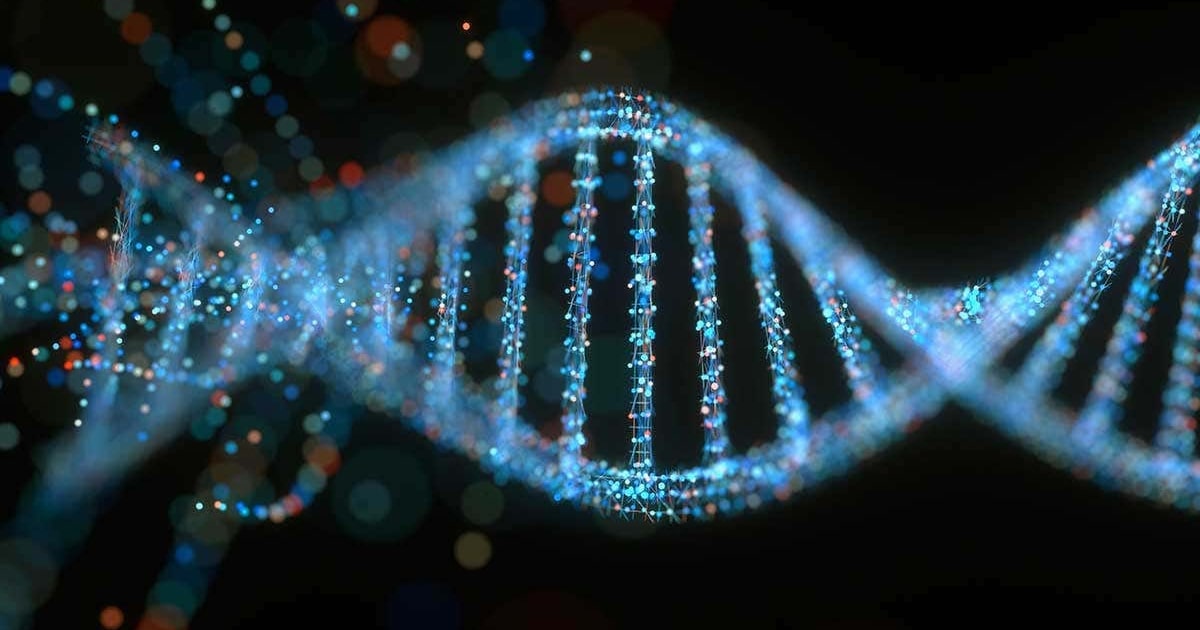
Expert Reviewed By: Dr. Brandon Colby MD
Abnormalities in bone mineral density (BMD) are a growing concern, as they can lead to an increased risk of fractures and other health complications. Understanding the underlying causes, diagnosis, and the role of genetic testing in these abnormalities is essential for effective prevention and management. This article delves into the world of bone mineral density abnormalities, with a focus on the role of genetics and genetic testing.
Understanding Bone Mineral Density Abnormalities
Bone mineral density is a measure of the amount of minerals, such as calcium, present in the bones. Abnormalities in BMD can manifest as either low bone density (osteopenia) or very low bone density (osteoporosis). Both conditions increase the risk of fractures, with osteoporosis being more severe and leading to more fragile bones. Various factors can contribute to BMD abnormalities, including age, hormonal imbalances, and genetic predisposition (Identifying Causes of Fracture Beyond Bone Mineral Density).
Diagnosing Bone Mineral Density Abnormalities
Diagnosing BMD abnormalities typically involves a non-invasive test called dual-energy X-ray absorptiometry (DXA). This test measures the bone density at different sites in the body and compares it to the average BMD of a healthy young adult. The results are expressed as a T-score, which indicates whether the patient's BMD is normal, low, or very low. Machine learning approaches have also been employed to predict BMD in elderly men, with gradient boosting found to be the most effective method (Comparison of Machine Learning Approaches in Prediction of Bone Mineral Density in Elderly Men).
The Role of Genetics in Bone Mineral Density Abnormalities
Genetic factors play a significant role in determining an individual's bone mineral density and susceptibility to BMD abnormalities. Studies have found that genetic predisposition towards fracture risk primarily acts upon bone mineral density, with non-BMD genetic effects having a weaker impact (Identifying Causes of Fracture Beyond Bone Mineral Density). Furthermore, genetic variants related to serum calcium levels have been linked to reduced bone mineral density, indicating that genetic predisposition to higher serum calcium levels may negatively impact bone metabolism (Association of Genetic Variants Related to Serum Calcium Levels with Reduced Bone Mineral Density).
Genetic Testing for Bone Mineral Density Abnormalities
Genetic testing can be a valuable tool in understanding an individual's risk of developing BMD abnormalities and tailoring personalized prevention and treatment strategies. By identifying specific genetic variants associated with BMD abnormalities, healthcare providers can:
- Determine an individual's risk of developing osteopenia or osteoporosis
- Identify potential underlying causes of BMD abnormalities, such as hormonal imbalances or calcium metabolism disorders
- Develop personalized prevention and treatment plans based on an individual's genetic profile
Benefits of Genetic Testing in BMD Abnormalities Management
Genetic testing offers several advantages in managing BMD abnormalities:
- Early detection: Identifying individuals at risk of developing BMD abnormalities allows for early intervention and prevention strategies, reducing the likelihood of fractures and related complications.
- Targeted treatment: By understanding the specific genetic factors contributing to BMD abnormalities, healthcare providers can develop more targeted and effective treatment plans, improving patient outcomes.
- Family planning: Genetic testing can provide valuable information for individuals with a family history of BMD abnormalities, helping them make informed decisions about their reproductive choices and potential risks to their offspring.
In conclusion, understanding the role of genetics in bone mineral density abnormalities is crucial for effective diagnosis, prevention, and management. Genetic testing offers a promising avenue for identifying at-risk individuals and developing personalized treatment strategies, ultimately improving patient outcomes and quality of life.
About The Expert Reviewer
Dr. Brandon Colby MD is a US physician specializing in the personalized prevention of disease through the use of genomic technologies. He’s an expert in genetic testing, genetic analysis, and precision medicine. Dr. Colby is also the Founder of and the author of Outsmart Your Genes.
Dr. Colby holds an MD from the Mount Sinai School of Medicine, an MBA from Stanford University’s Graduate School of Business, and a degree in Genetics with Honors from the University of Michigan. He is an Affiliate Specialist of the American College of Medical Genetics and Genomics (ACMG), an Associate of the American College of Preventive Medicine (ACPM), and a member of the National Society of Genetic Counselors (NSGC)